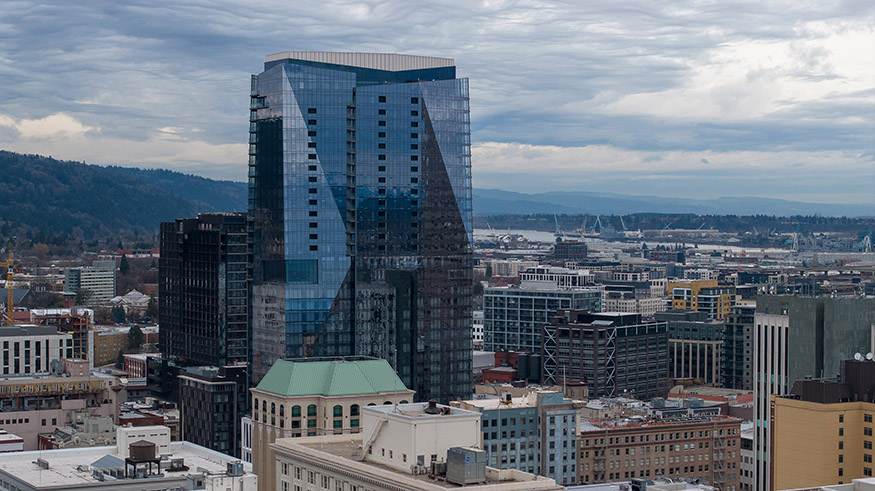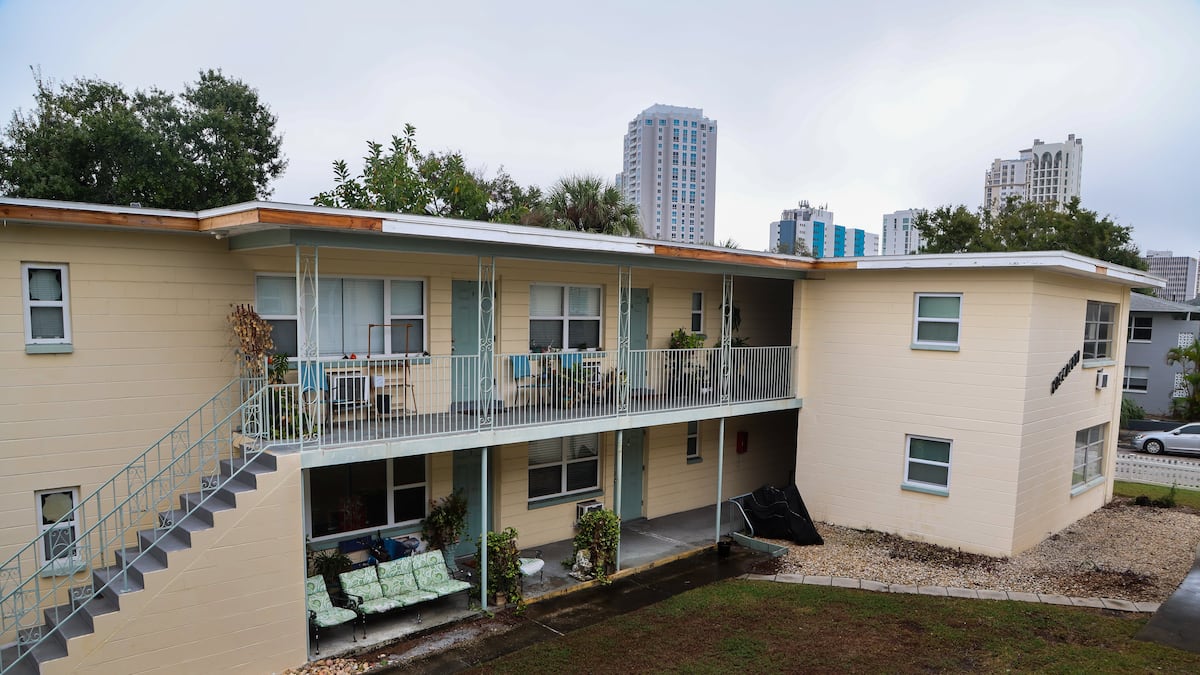P
ortland's office market hit a record vacancy rate of 13.5% in the fourth quarter of 2024, according to Kidder Mathews' latest report. This marks eight consecutive quarters of rising direct vacancies. Leasing activity plummeted by nearly 50% year-over-year, reaching an all-time low of 524,000 square feet.
Sales activity declined in the fourth quarter but surged 40% annually to 3.4 million square feet, driven by CoStar data. Average rents dropped to $28.44 per square foot. Mark Fraser, a senior vice president at Kidder Mathews, believes the market has yet to reach its bottom and expects vacancy rates to continue rising.
Long-term investors, particularly family-owned firms like Downtown Development Group and Melvin Mark, are best positioned to navigate the downturn. They have been purchasing office properties at significantly below replacement cost since the pandemic. Fraser notes that these local owners will be more likely to succeed in the long run.
In contrast to San Francisco and Seattle, where tech tenants have downsized or fled, Portland's market is relatively healthier. The suburbs are also performing better than downtown, with companies like Hoffman Construction relocating from downtown to Lake Oswego. Concessions have increased, including free rent and generous tenant improvements, but every landlord has a price floor that cannot be broken.
Some sectors remain active in the market, such as footwear and apparel companies, law firms, architecture businesses, and other professional service providers. However, tech companies are largely absent from the market. Work-from-home rates have stabilized, with 21.2% of Portlanders working remotely in 2023, slightly below the previous year.
Net absorption was negative 964,000 square feet, according to Kidder Mathews. Despite a record low construction pipeline, many companies plan to trim their footprints, leading to projected increases in vacancy and availability rates. Class-A office space is expected to be the first segment of the market to attract future development.
Portland could also benefit from a downtown tax-increment finance district, which would help fund future development. Foot traffic has partially recovered since the pandemic, and investor perception is improving due to efforts to address homelessness and public safety crises.















